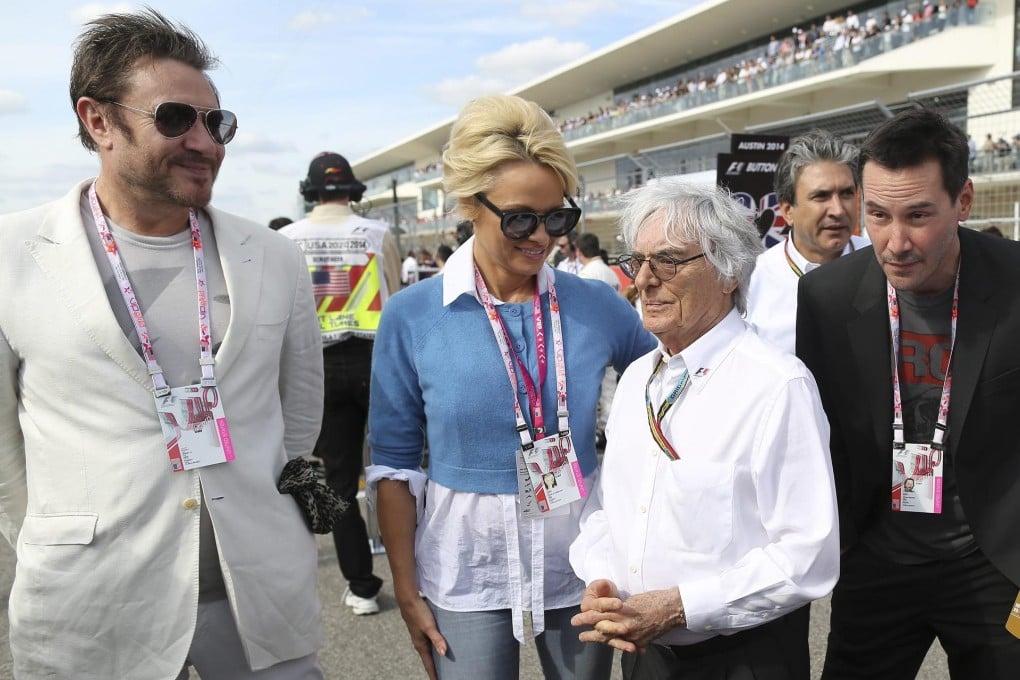Pit Stop | Ecclestone feels the heat over cash pot
F1 supremo's power appears to be waning after he was sidelined during last-minute talks to save last weekend's US Grand Prix

There is good news and bad news this week. The good news is boss Bernie Ecclestone has admitted this financial crisis is his fault. The bad news is that he doesn't know how to fix it.
Perhaps the more interesting news is that it might not matter what Bernie thinks in the not to distant future, with the first signs that the sport's owners, CVC Capital Partners, have sidestepped the octogenarian and dealt with the Formula One teams directly.
There has been talk that this mighty sport might be in decline. It is certainly in a lot of financial bother, with Marussia and Caterham missing their second race in Brazil this weekend after going into administration.
The richer teams will not give up any of their cash, and why should they? No one gives up an advantage, especially if it is a financial one enshrined in a contract
The big beef of the smaller teams is the distribution of cash, and the fact that most of it goes to the big teams, which perpetuates their struggle to survive. Although these deals are individual and secret, media reports suggest that Ferrari were paid US$200 million for last season, including US$90 million for merely attending.
At the other end of the spectrum, Marussia earned around US$14 million and Caterham US$30 million. Once upon a time this mismatch meant smaller teams could not compete at the sharp end of the grid. Now, with costs for more modest teams at US$120 million a year, it means they cannot compete at all.
Little wonder then that Force India, Sauber and Lotus were close to boycotting the US Grand Prix last weekend. There is a palpable sense of anger at the wrong end of the grid. That it happened when F1 was trying to impress a difficult US market that still remembers the six-car farce at Indianapolis in 2006, makes it even more of an indictment on the sport's leadership.
Before the Austin race, Eccelstone had become less contrite, claiming the teams "have to look at how they run their companies … the trouble with all these people is they spend more than they earn". That is inevitable and that is the problem, and Bernie knows it. While he was publicly intransigent, behind the scenes his bosses felt compelled to act. Former team owner and now television pundit Eddie Jordan says a boycott was only averted by the last-minute intervention of Donald MacKenzie, co-chairman of CVC.

